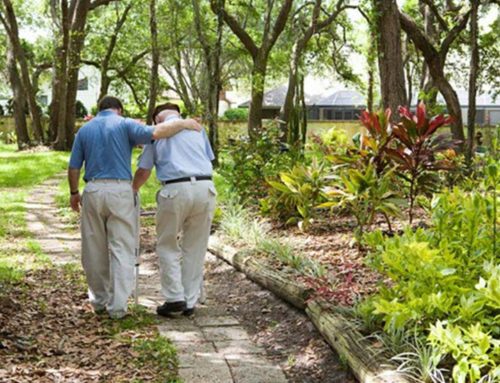May is National Elder Law Month. This designation was established by the National Academy of Elder Law Attorneys (NAELA) as a way to acknowledge the profession which supports the senior community (defined as people over 65 years) with all of their planning needs.
In honor of National Elder Law Month, the Samuels Law Firm will spotlight a hot topic in elder law every week during the month of May.
Often times when I tell someone I am an elder law attorney, they will ask what is an elder law attorney? This week’s article will focus on what is elder law and what it means for you and your loved ones.
What is Elder Law?
Elder Law is defined by the client to be served. In other words, the lawyer who practices Elder Law may handle a range of issues but has a specific type of clients – seniors and the disabled. Any and every issue that these two demographics could conceivably face falls under the umbrella of elder law. Elder Law Attorneys focus on the legal needs of the elderly and the disabled, and work with a variety of legal tools and techniques to meet the goals and objectives of the client. In addition to defining elder law by the demographics, one can also define it by the common practice areas it encompasses.
Why is Elder Law Month Necessary?
Elder Law month is necessary because America is aging rapidly. In 2014, there were 46.2 million persons over the age of 65 [i]. The Census Bureau reports that the population age 65 and over is projected to more than double to 98.2 million in 2060.[ii] The median income for men is $27,612 and women just $16,040 and the average net worth of an Older American is $232,000. Meanwhile, the average cost for a one year stay in a semi-private nursing home room in the New York City area is $124,100 and a room at an assisted living facility in New York City costs an average of $49,600. With these staggering costs and statistics, it is easy to see why Elder Law Month is necessary.
Why You Need to Plan Now?
While no one likes to think about becoming disabled, most studies are consistent in showing that 1 in 2 people will need some type of long term care. The type, frequency and percentage of people who will need long term care increases greatly for persons over age 70. The Department of Health and Human Services estimates 70% of all people over age 65 will need some type of long-term care.
The time to act is now. National Elder Law Month is a great time to execute a power of attorney or health care proxy or create a Will and/or trust agreement. In next week’s article, I will discuss exactly what is a power of attorney and why it should be included in everyone’s plan. If you or someone you know requires long-term care planning, please contact our firm.
[i] See http://www.acl.gov
[ii] See http://www.acl.gov








